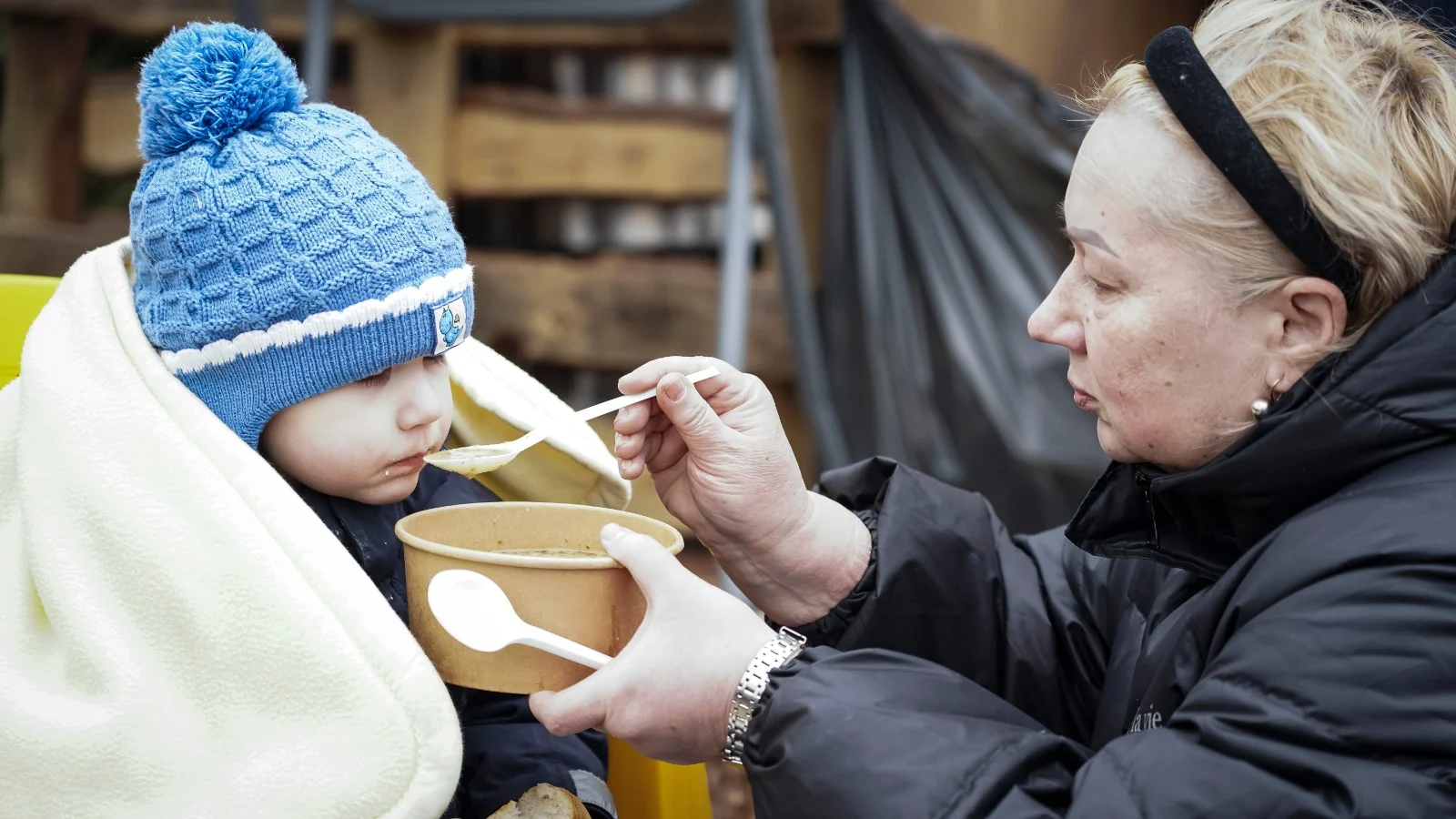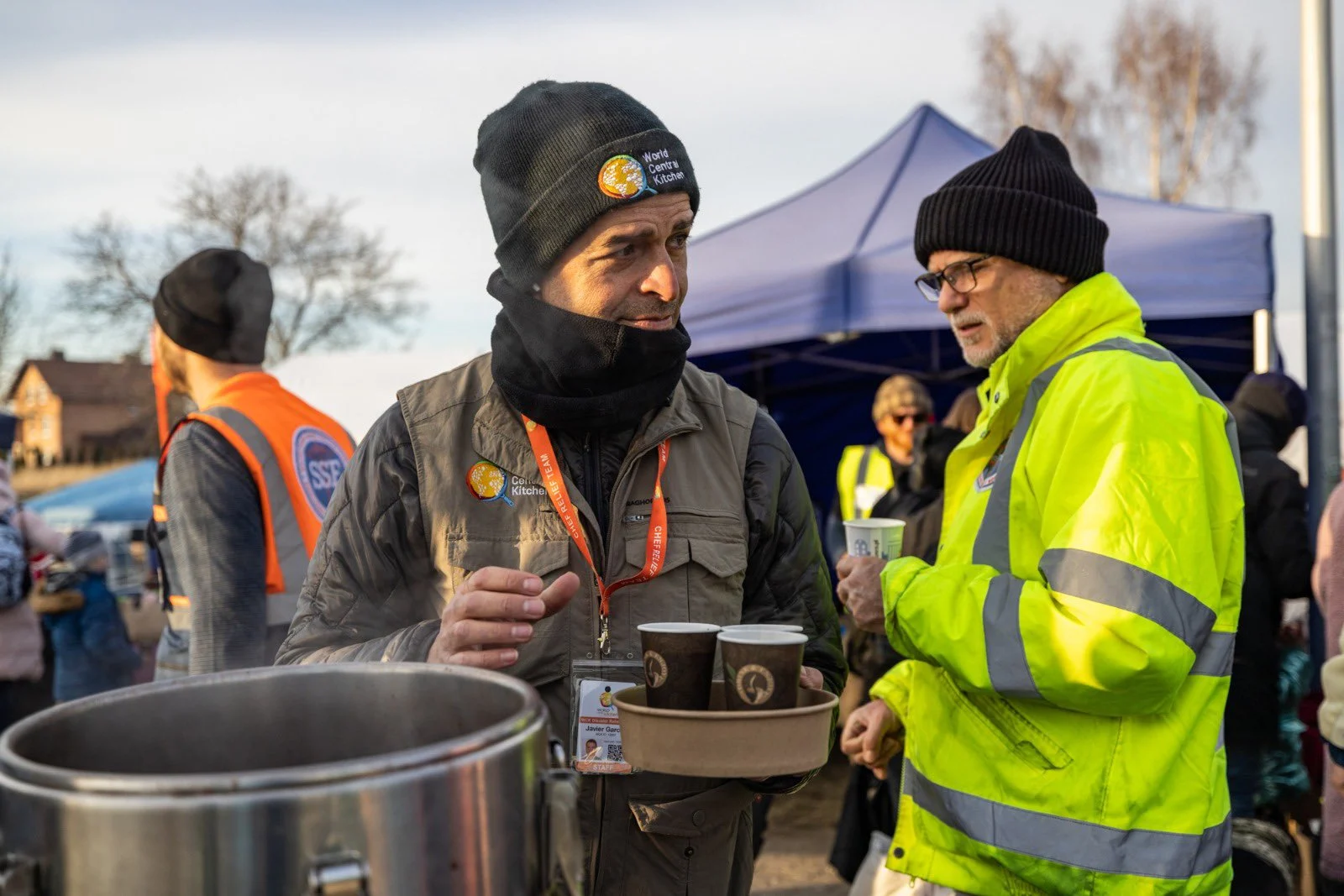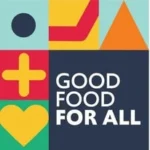Good food is vulnerable to disruption. First officially identified in the 2017 State of Food Security and Nutrition in the WorldReport, conflict is a key driver of food insecurity and malnutrition across the globe.
On 24 February, Russia invaded Ukraine. The armed conflict has triggered a mass migration of six million people to date, a sharp rise in global food prices and growing uncertainty across global markets – all of which could result in a major food crisis. As the conflict continues to escalate and enters its fourth month, experts predict severe impacts for food security and agriculture in the short and long-term, for Ukraine and the world.
Good food is vulnerable to disruption. First officially identified in the 2017 State of Food Security and Nutrition in the WorldReport, conflict is a key driver of food insecurity and malnutrition across the globe. Within Ukraine, besieged cities are running out of food while the country’s farmers face security fears coupled with fertiliser and fuel shortages that risk impeding the next planting season. Further afield, the destruction of Ukraine’s infrastructure and the closure of its ports are likely to impact the food security of countries reliant on food imports from Ukraine.
There is growing concern that we will see a further rise in hunger and malnutrition, especially in countries in Sub-Saharan Africa and South Asia, that have experienced higher rates of hunger in the last few years and were hit hard by the economic impact of COVID-19. Low income households spend a larger portion of their income on food, so a rise in food prices often means missing meals, forgoing the more expensive nutrient rich foods, or selling off assets to be able to buy food. For women and children in the critical 1,000 days between pregnancy and a child’s second birthday, even short bouts of malnutrition can lead to wasting and stunting. The consequences can be life-long and devastating for health and physical and cognitive development, taking a huge toll on individuals, communities, and economies.
In light of this situation, we have compiled below a collection of resources that aims to inform advocates and identify actions to ensure good food for all in these difficult times.
Achieving the Sustainable Development Goals in times of multiple crises
Seven Actions to Limit the Impact of War in Ukraine on Food Security
World Food Prize Laureates Call For Action
IFPRI Blog Series: High Food/Fertilizer Prices and War in Ukraine
Surging food prices: FAO calls for import financing facility for poorer nations at G20 meeting
Act now before Ukraine war plunges millions into malnutrition
Putin’s War Has Started a Global Food Crisis
5 Ways to Avert the Global Food Security Crisis
Nutrition Under Siege, Again.
The world food system is under threat. It doesn’t have to be that way.
Secretary-General’s opening remarks to the press on the war in Ukraine
G7 Extraordinary Agriculture Ministers’ Meeting

Global Implications
Food Banks are Early Warning Systems for Emerging Food Crises, but also a Key Solution
Forty-Nine Million People in 43 Countries One Step Away from Famine, Secretary-General Warns in Briefing to Security Council on Conflict, Food Security
Local food and fuel prices more than triple in some of the world’s most at risk communities
One of the world’s worst economic collapses, now compounded by the Ukraine crisis: What’s next for Lebanon?
The Food, Fuel and Fertiliser Crisis
Tackling Food Insecurity: The Challenge and Call to Action
The Ukraine war and threats to food and energy security
A New Global Food Crisis is Building
Out of Ukraine war, a plan for Africa’s food security
‘A heck of a problem’: WFP chief warns of aid crisis amid Ukraine war
Price Spike Caused by Ukraine War Will Push Over 40 Million into Poverty: How Should We Respond?
War-Fueled Surge in Food Prices to Hit Poorer Nations Hardest
Ukraine invasion may lead to worldwide food crisis, warns UN
How Russia’s invasion of Ukraine will worsen global hunger

Please share any additional resources
for amplification: info@sdg2advocacyhub.org.










